The Automotive Research Association of India (ARAI) rose to the challenges to meet customer expectations in unprecedented times. Ashish Bhatia highlights the efforts made.
A pandemic and a new chief! Despite changes in the dynamics of business, as usual, the Automotive Research Association of India (ARAI) rose to the occasion to meet customer expectations in challenging times. In keeping with the role of the catalyst, according to Dr Reji Mathai, Director, ARAI continues to facilitate collaborative innovation within the ecosystem for cost-effective and indigenous technology development. “One such initiative is identifying key components which are currently being imported and indigenising them,” he exclaimed. In his first exclusive interaction as the new chief, Dr Mathai cited how framing regulatory norms, taking into consideration all the stakeholders has proved to be an enabler in providing a level playing field to all. At ARAI, the focus is on framing a future technology roadmap and prioritising safety aspects.
Leapfrogging to BSVI
There is no questioning the resilience of Indian Original Equipment Manufacturers (OEMs) and their suppliers. Here test agencies like ARAI played their part by building BSVI compliance test facilities on a fast track basis according to Dr Mathai. “We also had to ensure adequate competency within the testing team to understand the minute implications of BSVI regulations and its flawless compliance,” he expressed. Ensuring 24 by 7 operations from Q2FY2019-20 until the Covid-19 lockdown was announced in the third week of Q42020, ARAI with its structured planning of services contributed significantly in getting the OEMs to be ready for the launch of their BSVI products ahead of the April 01, 2020 rollout deadline. Notably, it was achieved within the restrictions of operable manpower and movements.
Components localisation
At ARAI, the safety and performance standards for type approval testing of electric vehicles is said to be in place (notified under CMVR). The Phase Manufacturing Program (PMP) for localisation of EV components has also been notified by the Government of India. Critical to availing an incentive under Fame II policy, ARAI has all the checks in place to help out in an evaluation for PMP localisation compliance. Through the CoE for e-mobility, for instance, ARAI is offering comprehensive tools and
test equipment to support the industry in design, development, validation, testing and certification of electric vehicles.
All things tech
Technology products at ARAI include Battery Management System (BMS), portable battery pack (swappable), AC/DC charging stations to name a few. At ARAI, the focus is to gauge industry requirement before commercialising a technology. For instance, an e-axle powertrain kit for three-wheeler is expected to be an import substitute. As per Dr Mathai, it is a scalable solution for both OEMs and as a retro-fitment application. A thermal BMS system for Indian use cases for two and three-wheelers with lithium-ion batteries is being built to address thermal conductivity, higher resistance and light-weighting. Besides pioneering ‘Big Data’ of India use-cases for ADAS, it’s open framework of EV chargers is being adopted by the industry.As an outcome of a Memorandum of Understanding (MoU) with Praj Industries, ARAI is also working on joint development of ethanol-based mobility solutions. Expected to drive the flex-fuel roadmap of the government, ARAI has developed a dual-fuel technology for diesel engines (diesel + CNG).
Building efficiencies
At ARAI, the grinding halt of the business was used to identify the gaps and bridge them. Keeping an eye on potential segments like electrification of small vehicles, fuel-cell applications, skill development, push for start-ups and Micro, Small and Medium Enterprises (MSMEs), ARAI built on its soft competencies. From testing and validation, certification and homologation, design and advisory and consultancy proved to be a key enabler. Over and above these, education and training, audit and inspection, research and development, India specific studies and data generation, indigenous and cost-effective technology development backed by digitisation made a significant contribution. In keeping with the times, and to safeguard time, ARAI offered remote auditing (for testing and validation) or issuing digital certificates. Mentioned Dr Mathai, “This ensured that OEMs could execute their plans of launching new models and meeting the Conformity Of Production (COP) requirements.”
The focus at ARAI is on meeting customer expectations; collaborative R&D to develop better solutions and technologies to help curb the import dependency; mentoring MSMEs and startups. As ARAI defines the roadmap for 2030 and charters an implementation plan, despite a relative hold on new development programs, concluded Dr Mathai, “execution and research at
ARAI continues.”



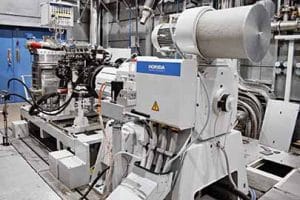
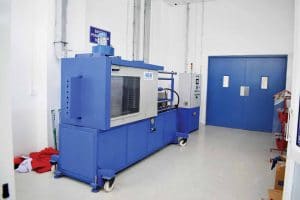
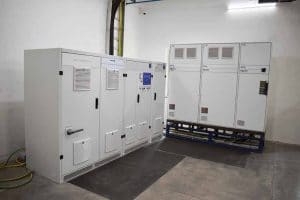
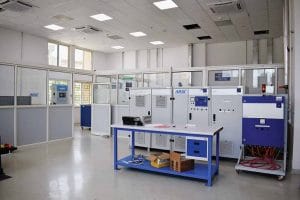
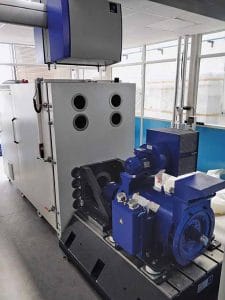
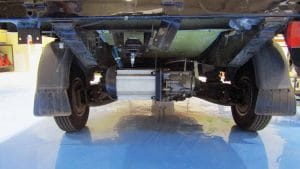
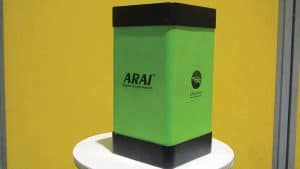
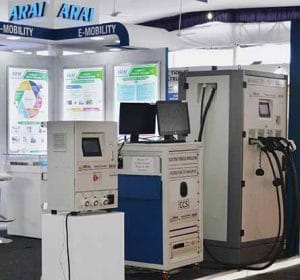
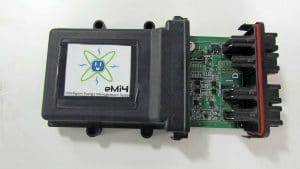
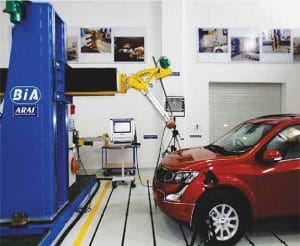
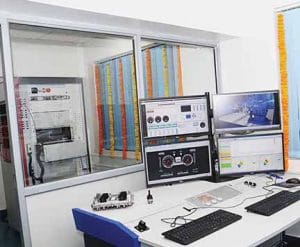

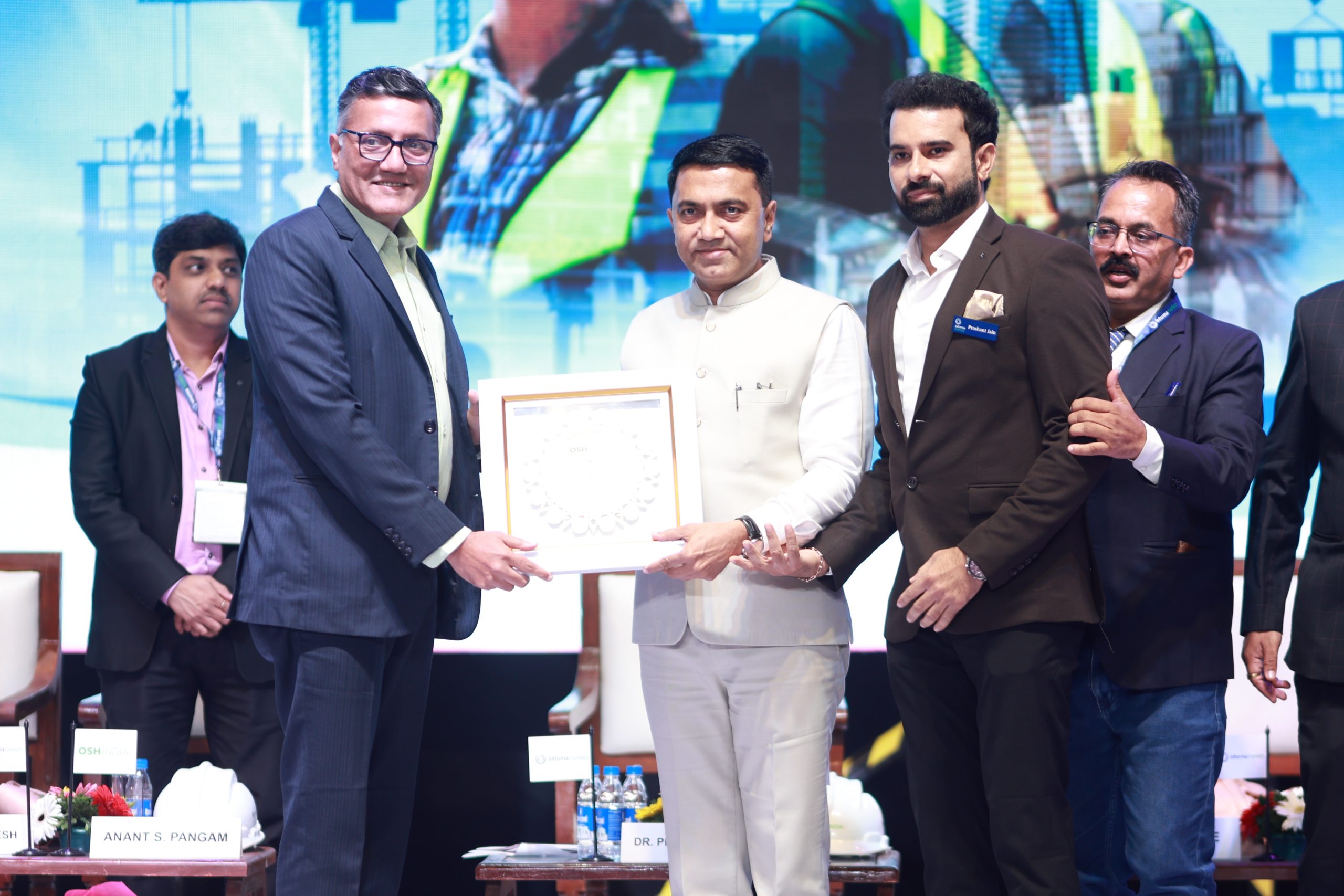

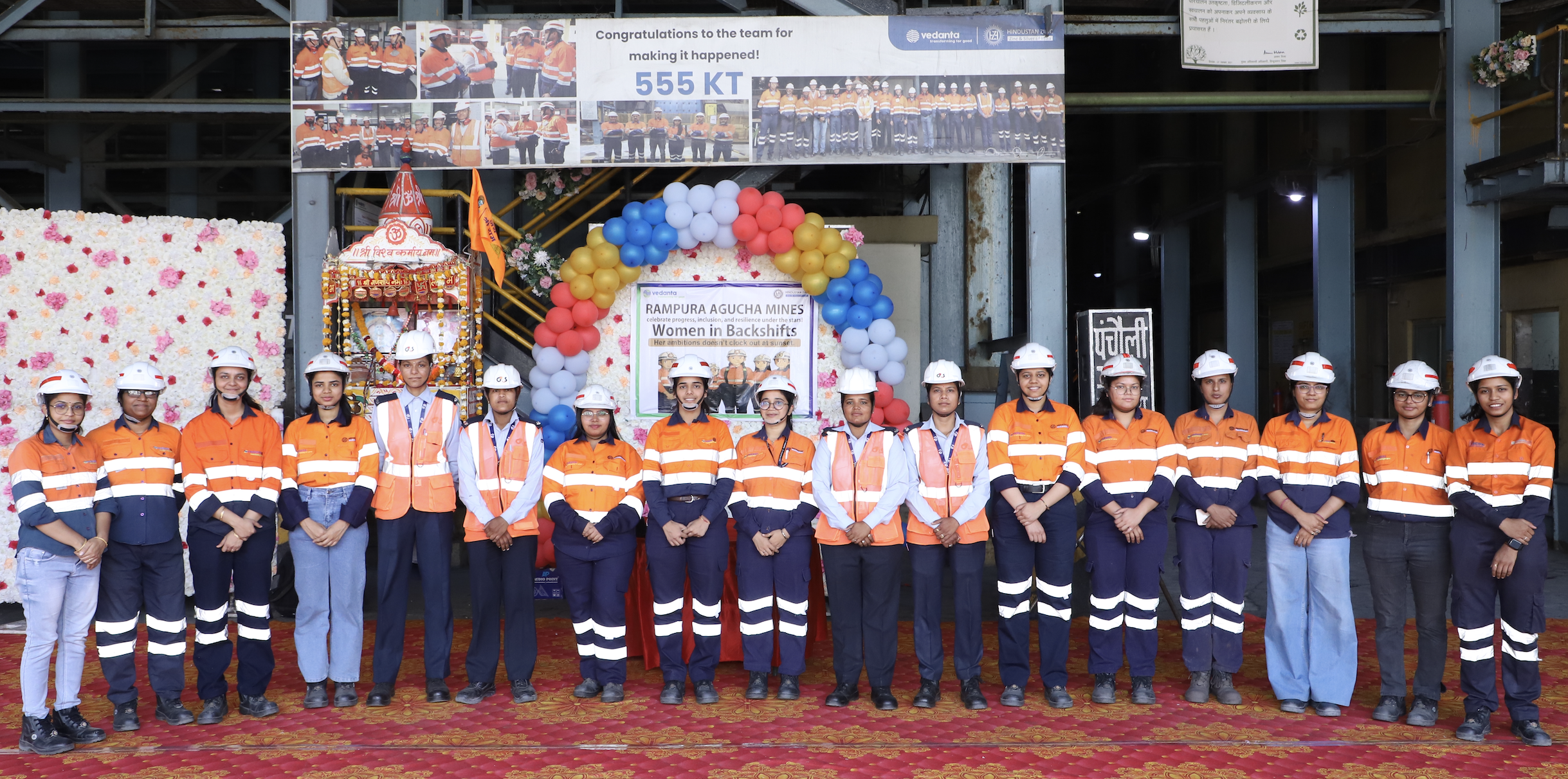
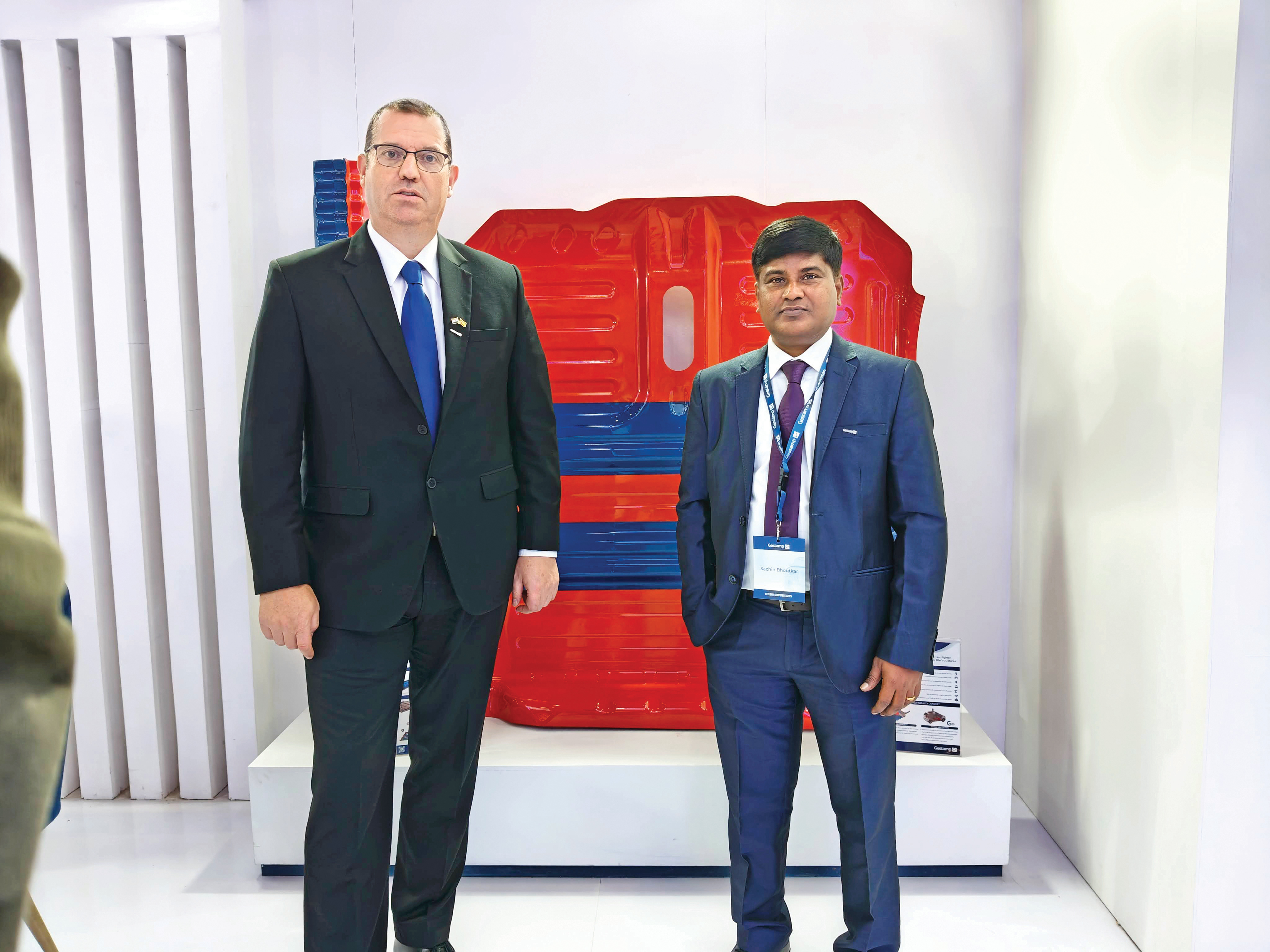
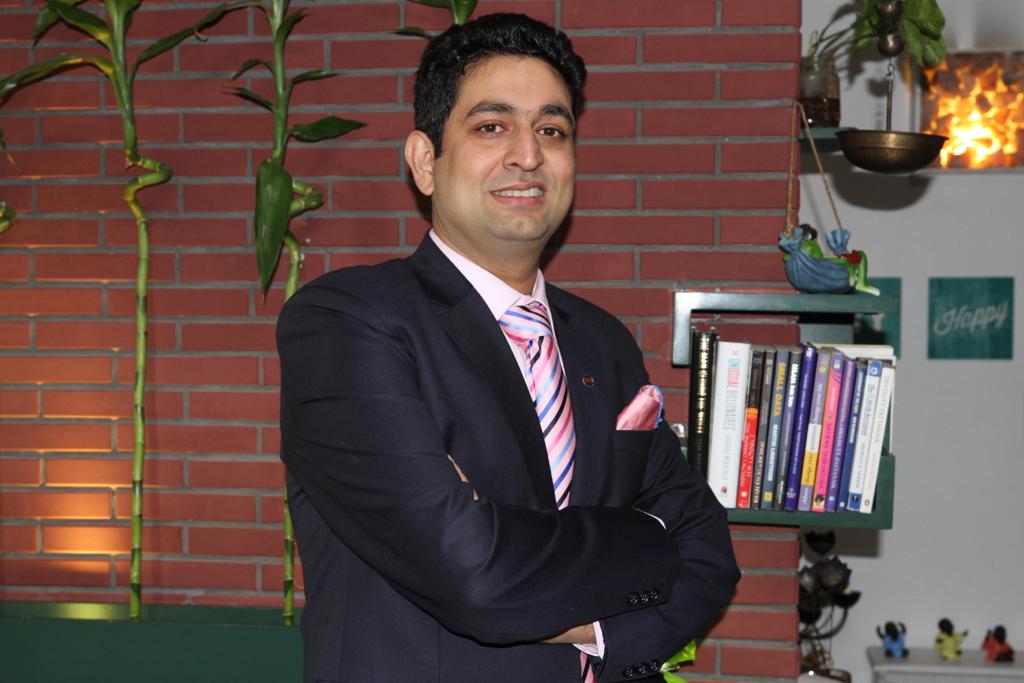

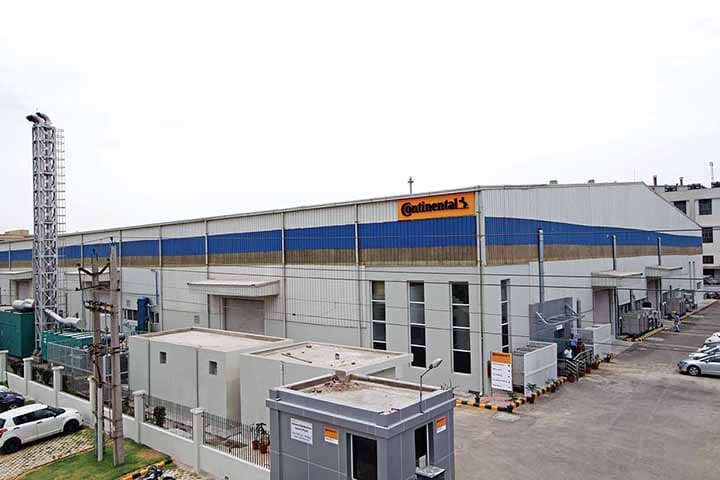
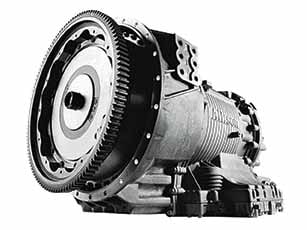
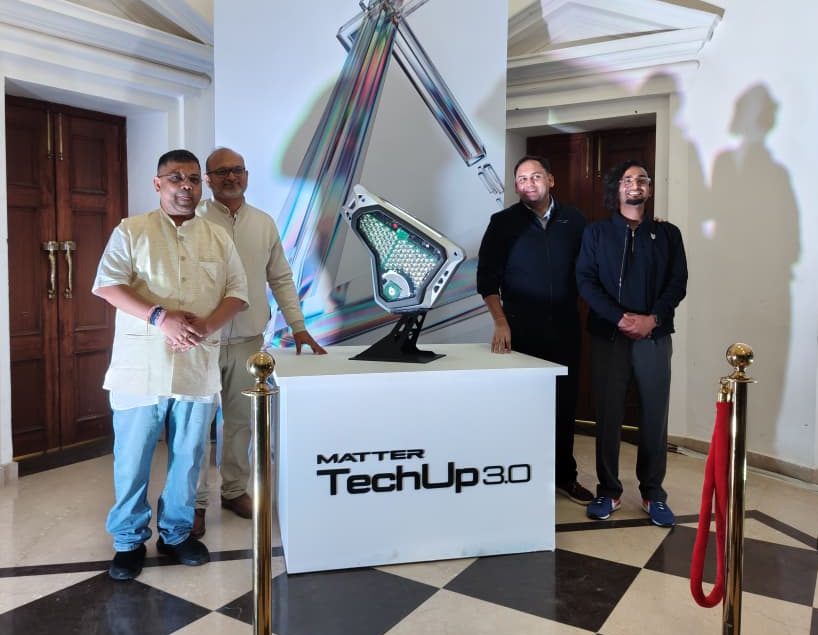
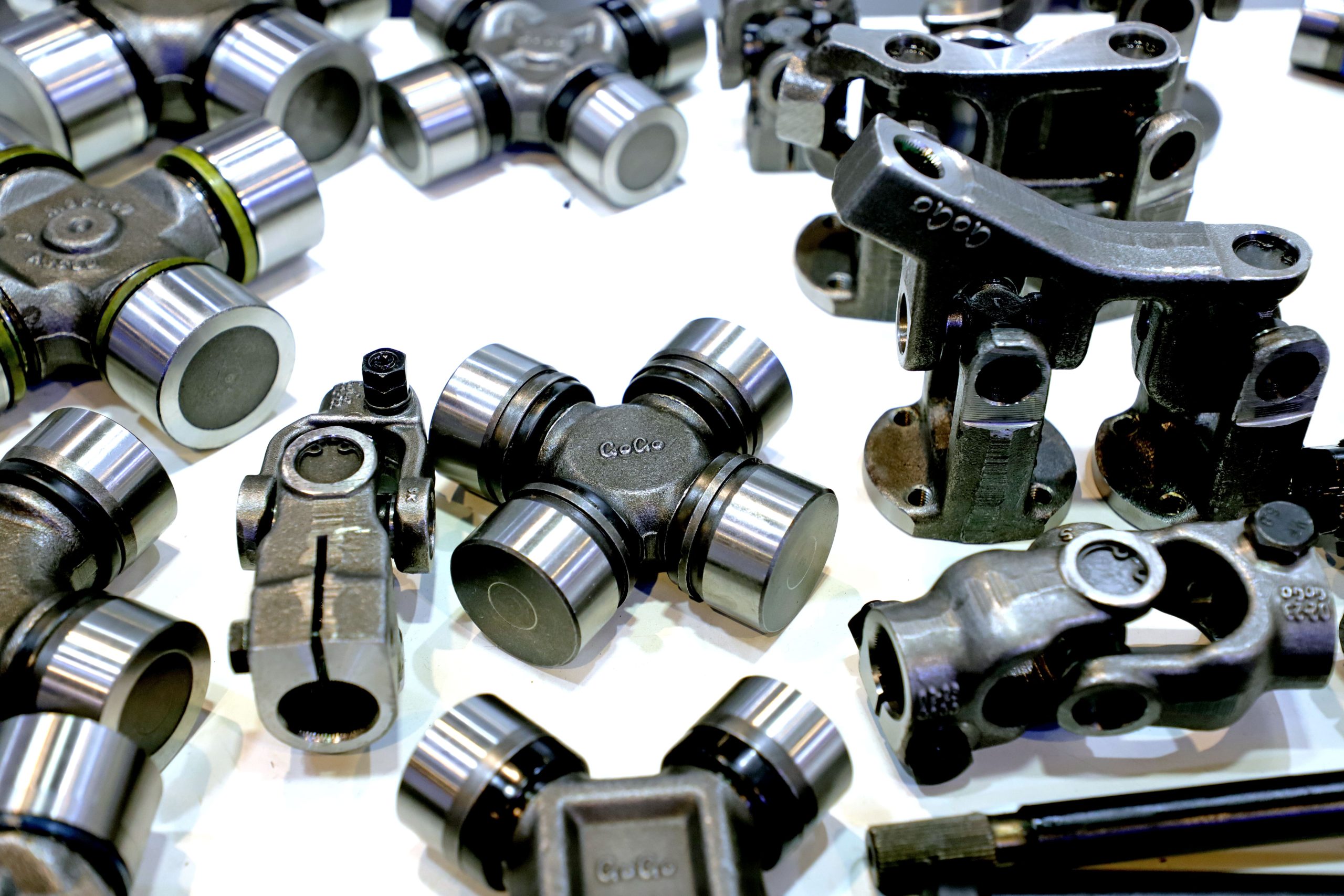
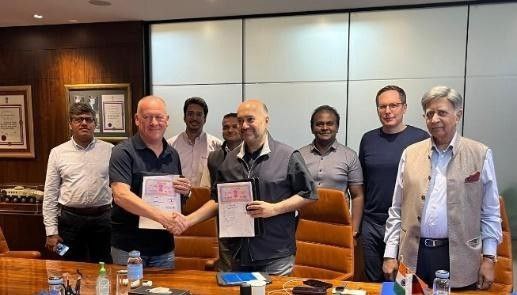
Leave a Reply